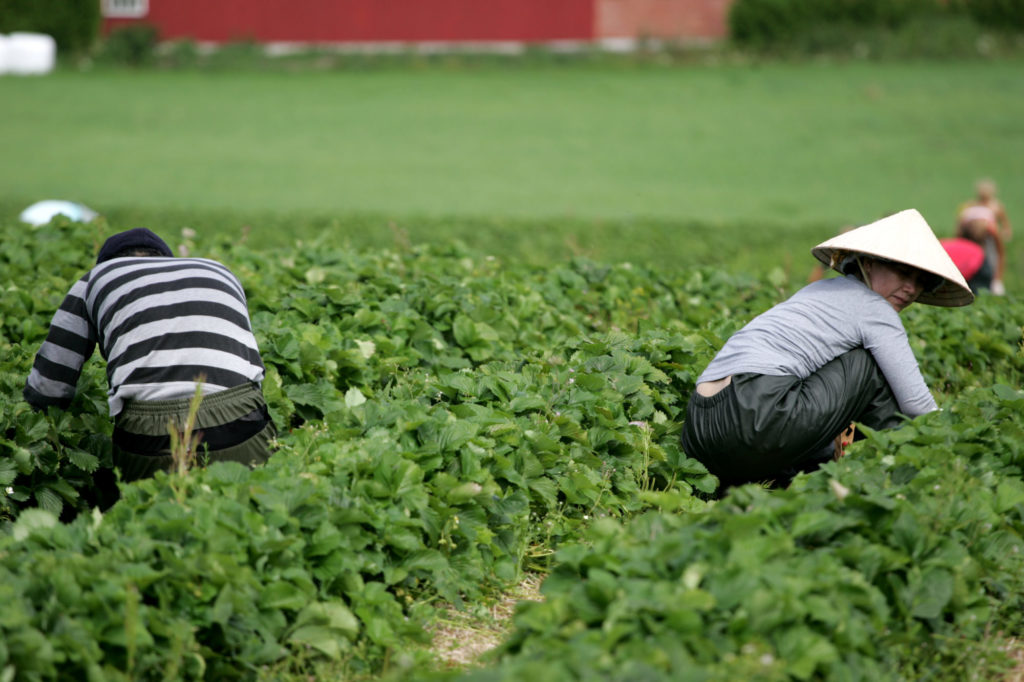Temporal and spatial change has rearticulated the ways in which boundaries are drawn around who is included/excluded from living and working in the countryside. Migration patterns have (re)shaped workforce movements (and the nature of work) and have also (re)defined the construction and subject positions of minority ethnic populations living in the countryside. Attending to the conference theme of ‘social justice and rural spaces and places’, this working group will focus on two areas: 1) the presence of intersectionality in the lived experiences of “marginalised” minority ethnic groups in rural and remote communities; and 2) the changing nature (and invisibility) of rural work.
In relation to the first area, the group will consider questions such as: should we still explore rural otherness predominantly through the lens of ethnicity? What are the benefits and consequences of moving the focus away from ethnicity to a more intersectional approach to understanding the exclusions experienced by rural residents with various marginalised background and identities? The second area invites contributions from those considering any area of the underexplored aspects of rural (and specifically agricultural) work. We welcome papers that explore diverse and also interdisciplinary approaches to these themes, would welcome work from different empirical contexts and which might offer both theoretical insight and/or methodological interventions and recommendations for future rural policy.
Topic: Minority groups; ethnicity; International labour migration, agricultural work and labour, rural employment regimes, temporary and seasonal work.
Format: The WG will be organized in the form of traditional workshop: 3-4 papers will be presented before opening to the floor for question and answers and wider discussion and debate. While we envisage workshop presentations to be presented in a more of a traditional format, we would encourage you to present your research through more creative means (e.g., Pecha Kucha, data verbalisation, etc.)
Abstracts
Working Group Session 3 Thur 09:00 – 10:30
- Johan Fredrik Rye – Low-wage employer ‘hiring-queues’: the geographies of recruitment preference and prejudice across the global strawberry industry
- Caroline Nye – The British Farm Worker. Extinct or extanct?
- Holly Barlow – A study of threats to the labour market of the UK’s horticultural sector
- Majda Černič Istenič – (Un)availability of social and labour support to farm families in case of occupational injuries and illnesses
Working Group Session 4 Thur 11:00 – 12:30
- Ildikó Asztalos Morell – Afghan unaccompanied asylum seeking minors in Swedish rural municipalities: Refugee and welfare worker perspectives
- Tiina Sotkasiira – Differential inclusion of migrants in rural labour market in North Karelia, Finland
- Branka Krivokapic-Skoko – Being Global and Being Regional: African female refugees setting up and running an enterprise in non-metropolitan Australia
- Danka Moravčíková – Agriculture students’ perceptions towards entrepreneurship and farming: the Slovakian case
Working Group Session 5 Thur 14:00 – 15:30

